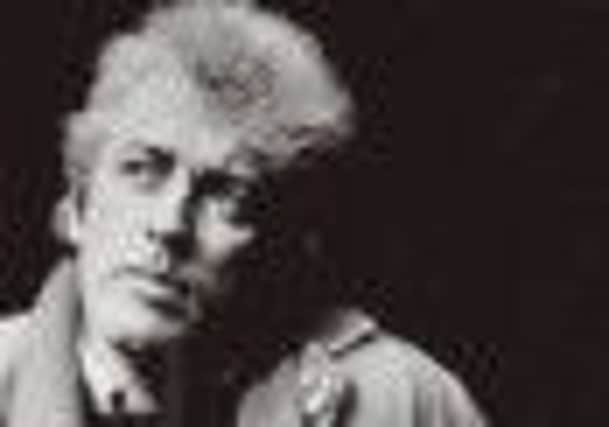Joyce McMillan: John McGrath’s legacy lives on


And as usual, it proved impossible to get through the day without reference to the huge legacy of John McGrath, the founder of the ground-breaking radical touring company 7:84 Scotland; not least because this year our guest star was the superb stage and screen actor Bill Paterson, a founding member of the first 7:84 Scotland company who, back in 1973, created and toured McGrath’s legendary political ceilidh show, The Cheviot, The Stag, And The Black, Black Oil. McGrath, though, was not only a man of the theatre. In 1973, he was already 38 years old, and had enjoyed a stellar career both as a “straight” playwright in London, and as a television and screen writer and director, most famously on early episodes of the television drama Z Cars. Throughout his working life, he strove to combine his passions for stage, television and film, often transferring his stage work to the screen, and writing, directing or producing a huge range of films, from short documentaries to mainstream movies like Billion Dollar Brain and Carrington. And now, McGrath’s work in film and television is set to be celebrated in this year’s Edinburgh International Film Festival, with a programme of ten films which he wrote and/or directed, ranging from the 1968 version of his play The Bofors Gun, starring Nicol Williamson, through the acclaimed 1974 Play For Today film of The Cheviot, The Stag And The Black, Black Oil, to later work like his elegiac 1993 drama The Long Roads, starring Edith MacArthur and Robert Urquhart as an elderly couple from Skye travelling round a changed Britain, on a final visit to their five children.
“We hadn’t initially thought of this season in terms of doing something relevant to the referendum,” says EIFF director Chris Fujiwara, who has given the McGrath season the overall title Border Warfare. “But Dick Fiddy of the British Film Institute put the idea for a McGrath season to me, and the more I learned about his work, the more excited I was by the strength and timeliness of it, and of McGrath’s thinking about the relationship between television, film and theatre.
Advertisement
Hide AdAdvertisement
Hide Ad“As for the politics of the work – well, for me, it’s less about the particular ideology McGrath was proposing, than about the feeling that he was creating work out of a deep involvement in the culture of the people around him, and that the audience was a dynamic, active part of that same cultural process – not just some anonymous global public waiting to be entertained or manipulated by some “universal” product.
“McGrath is widely known as a great man of the theatre; but this is a chance for people who are primarily interested in film to think again about how he experimented across the media of stage, television and film, and about the deep cultural distinctiveness of his work, which is something we try to celebrate in all the films we show here.”
Fujiwara adds that the overall theme of this year’s Film Festival is Transformation, and it’s hard to think of a single word more relevant to McGrath’s work; Bill Paterson says that he still thinks of 1973 as “the year of the Cheviot” – the year that changed everything, creatively and politically, for all the members of that company, and for thousands who saw the show. And what’s clear is that McGrath’s passionate drive to combine popular forms of entertainment with powerful drama that addresses real underlying issues of politics and power, is as relevant to film and television as it is to theatre; and as relevant today as it was back in 1955, when young John McGrath completed his national service, and set out on the long road that ended only with his premature death in 2002.